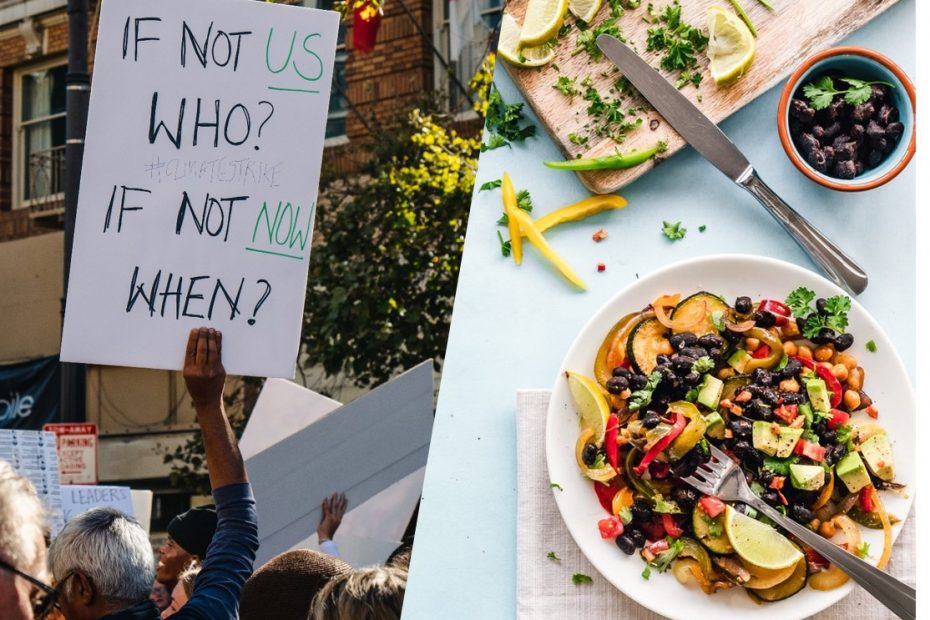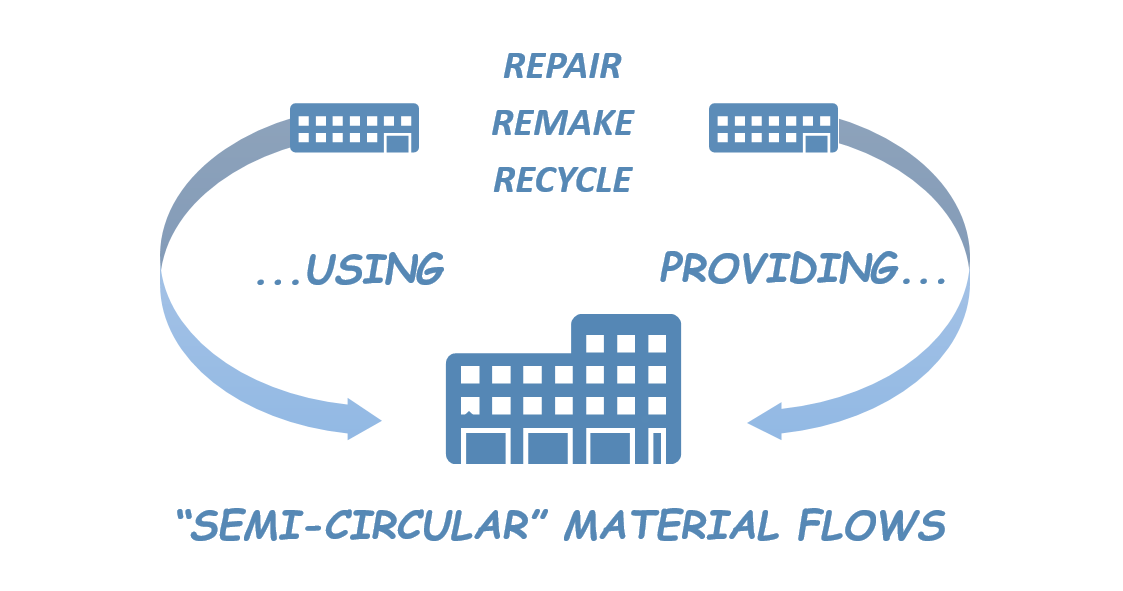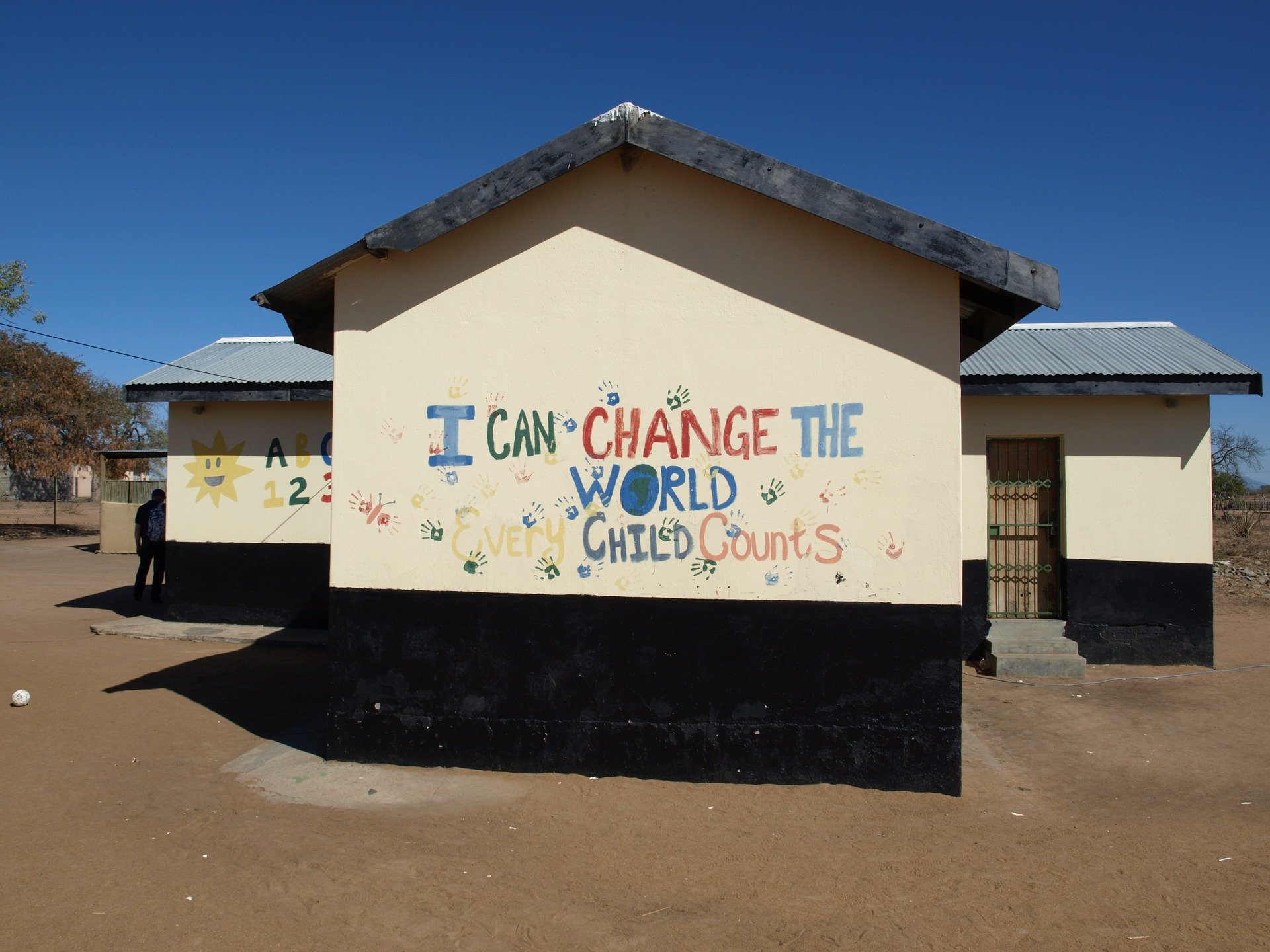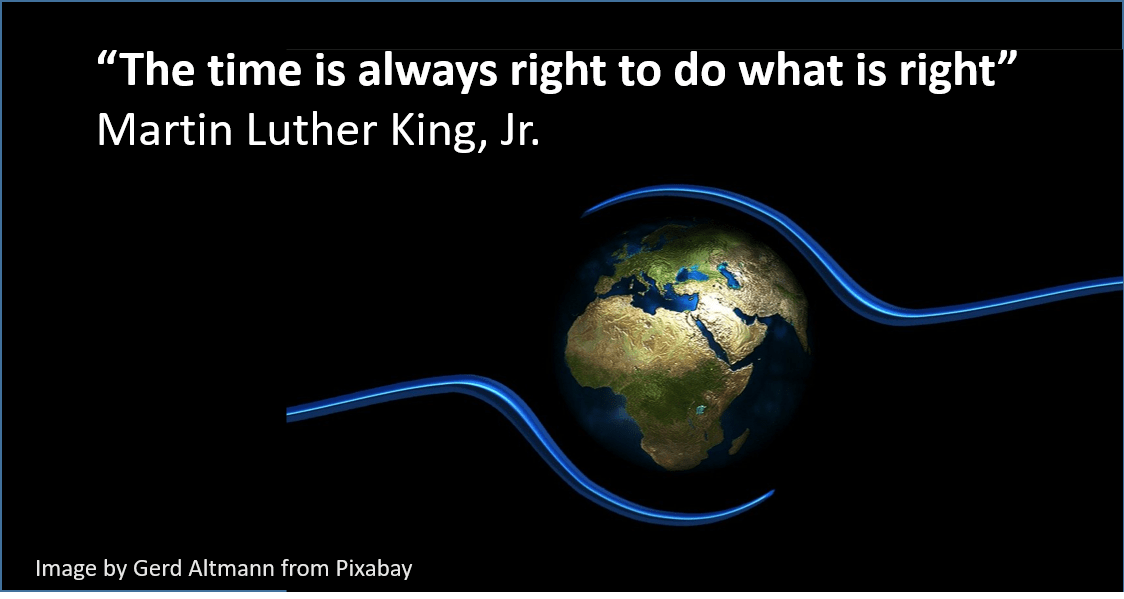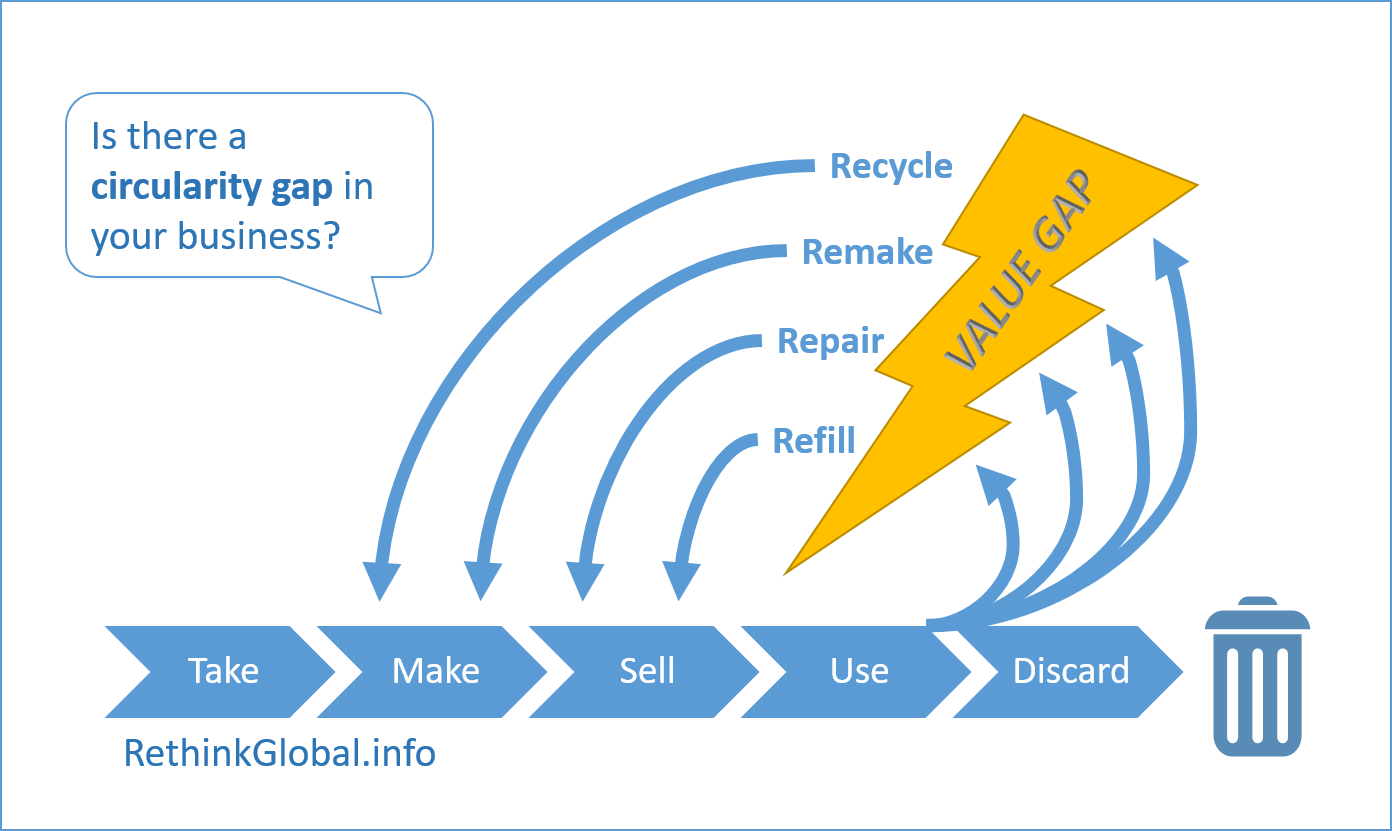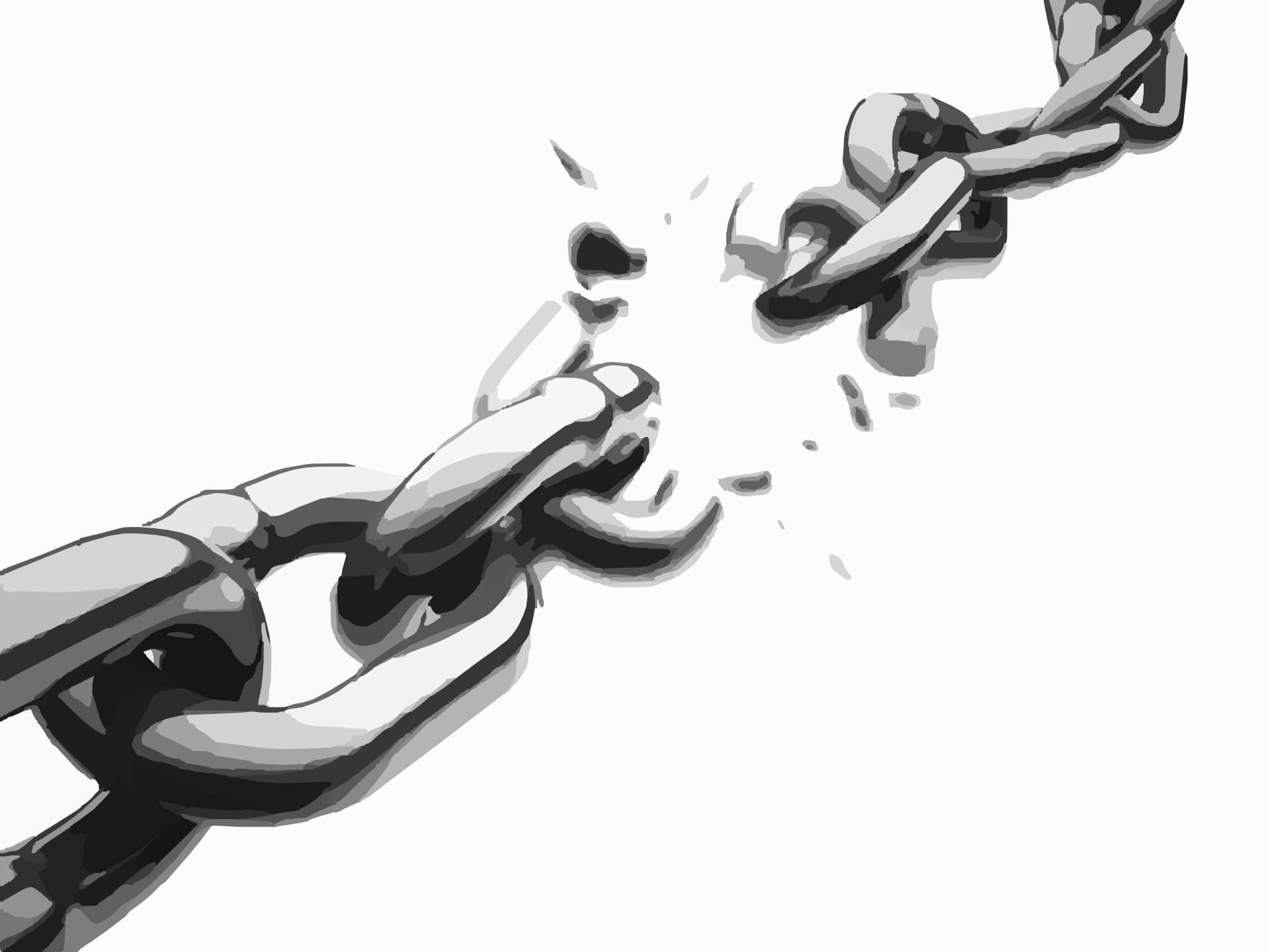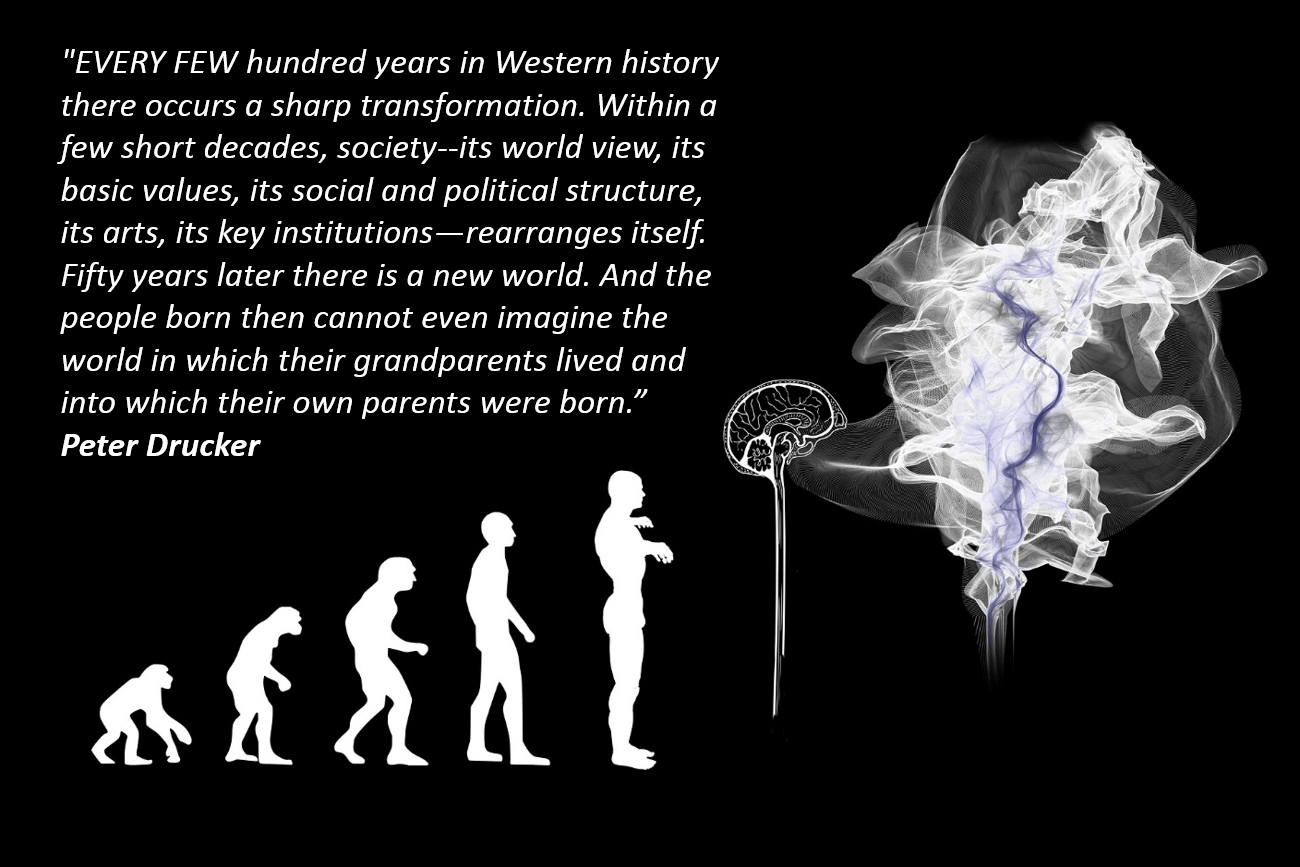2 minute read
From spectator sport to mass participation? What should Extinction Rebellion do next?
Athian Akec’s insightful Opinion piece in The Guardian last weekend, ‘Extinction Rebellion must tone down the white noise’, urges Extinction Rebellion to ‘show us what a future worth saving should look like’. You might have noticed Extinction Rebellion’s October 2019 UK activities (including climbing onto a London tube train in rush hour) seem to have created a wave of negative reactions. For example, people are raising concerns about the cost of policing, disruption to people’s travel to work, potential delays for emergency services and more.
Akec, a member of the UK Youth Parliament, points out that Extinction Rebellion’s tactics ‘are designed by and for middle-class, white Britain.’ Worse, he believes their ‘central rhetoric about a dystopian future fails to cut through for those who are deeply affected by poverty and austerity […] What’s more, getting arrested ‘strikes an uncomfortable note for many people of colour, given the adverse experiences they often have with the police.’ On the same weekend, the Guardian published an article exploring the impact of being arrested on your life and career.
Switching off the middle ground (and the next wave of supporters)?
So it feels like Extinction Rebellion risk switching off the middle ground. In other words, they might alienate those people who ‘get’ why climate change should be our number one priority, but don’t want (or don’t have the financial headroom) to protest on the streets. The good news is that more people are thinking about socially, ecologically and financially sustainable ways to live and work. Could Extinction Rebellion capitalise on this, by encouraging everyone to make small changes, showing what we need more of (and less of) in response to the climate emergency?
For starters, how about Meat-free Monday one month, followed by Meat-free Midweek the next month – and a Meat-Free Month later in the year. Encouraging people to share their actions, in conversations with friends, family, colleagues and on social media, amplifies the scale of the protest, and normalises more sustainable behaviour. Thousands (millions?) of small actions multiply to make a big statement – to governments, companies and other citizens.
There’s more – other initiatives could include car-free weeks (make this ‘one day this week’ rather than a specific day, otherwise public transport won’t cope!), returning your packaging to the supermarket, no soft-drinks, no processed food, repair weeks etc.
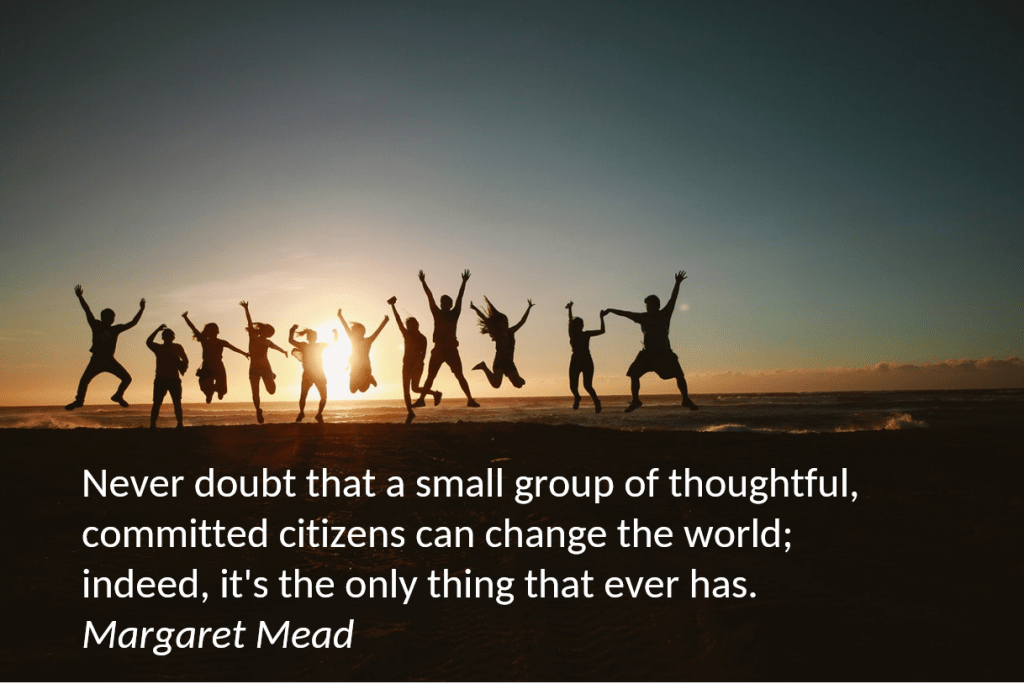
Be the change you wish to see
Those small, yet meaningful, acts of ‘rebellion’ against our fossil fuel-powered, ‘take, make, waste’ world could overcome the inertia, by encouraging people to take action without alienating family and friends. By sharing our ideas, we can ‘spread the word’ on how to make a cleaner, greener, more equitable (better!) world: where we have enough, for all of us. As Gandhi said:
“Be the change you wish to see in the world”.
Over to you...
What do you think? What else could Extinction Rebellion do to make change happen, now?
Catherine Weetman advises businesses, gives workshops & talks, and writes about the circular economy. Her award-winning Circular Economy Handbook explains the concept and practicalities, in plain English. It includes lots of real examples and tips on getting started.
To find out more about the circular economy, why not listen to Episode 1 of the Circular Economy Podcast, read our guide: What is the Circular Economy, or find out more about Catherine’s award-winning book: A Circular Economy Handbook for Business and Supply Chains.
Why not stay in touch and get the latest episode and insights, straight to your inbox…
